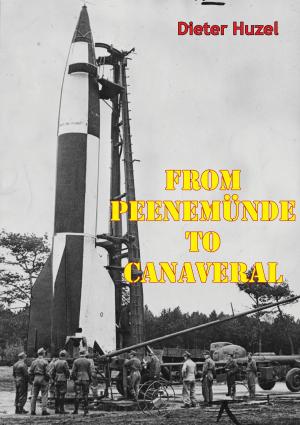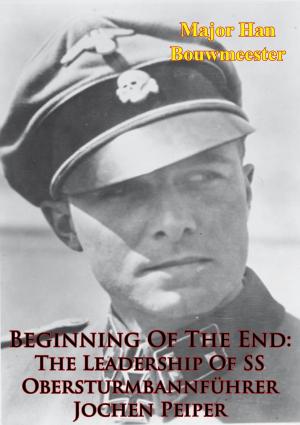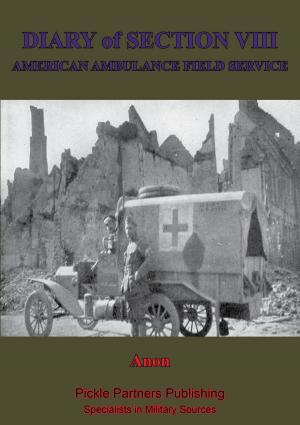Clausewitz And Torgau: Link-Up On The Elbe
Nonfiction, History, Germany, European General, Military, United States| Author: | Lt.-Col. Howard S. Perry III | ISBN: | 9781786252500 |
| Publisher: | Lucknow Books | Publication: | November 6, 2015 |
| Imprint: | Lucknow Books | Language: | English |
| Author: | Lt.-Col. Howard S. Perry III |
| ISBN: | 9781786252500 |
| Publisher: | Lucknow Books |
| Publication: | November 6, 2015 |
| Imprint: | Lucknow Books |
| Language: | English |
There has been a great deal of speculation and questions raised as to why the United States and the Western Allies allowed the Soviets to capture the Nazi capital of Berlin. This study will address a number of reasons why the U.S. did not challenge the Soviets for Berlin. In prosecuting World War II, the Soviets never forgot Clausewitz’s dictum that war is a continuation of politics by other means. Stalin, who was determined to liberate every East European capital, suspected that the Allies might try a headlong rush to Berlin in April and May 1945. He therefore decided to take diplomatic and military steps to make sure the Allies would not participate in the capture of the German capital. Recent translated material made available through glasnost, provides evidence that the top USSR priority in the closing days of WWII in Europe was to block the Allied advance to Berlin and only then systematically take the city of Berlin.
There has been a great deal of speculation and questions raised as to why the United States and the Western Allies allowed the Soviets to capture the Nazi capital of Berlin. This study will address a number of reasons why the U.S. did not challenge the Soviets for Berlin. In prosecuting World War II, the Soviets never forgot Clausewitz’s dictum that war is a continuation of politics by other means. Stalin, who was determined to liberate every East European capital, suspected that the Allies might try a headlong rush to Berlin in April and May 1945. He therefore decided to take diplomatic and military steps to make sure the Allies would not participate in the capture of the German capital. Recent translated material made available through glasnost, provides evidence that the top USSR priority in the closing days of WWII in Europe was to block the Allied advance to Berlin and only then systematically take the city of Berlin.
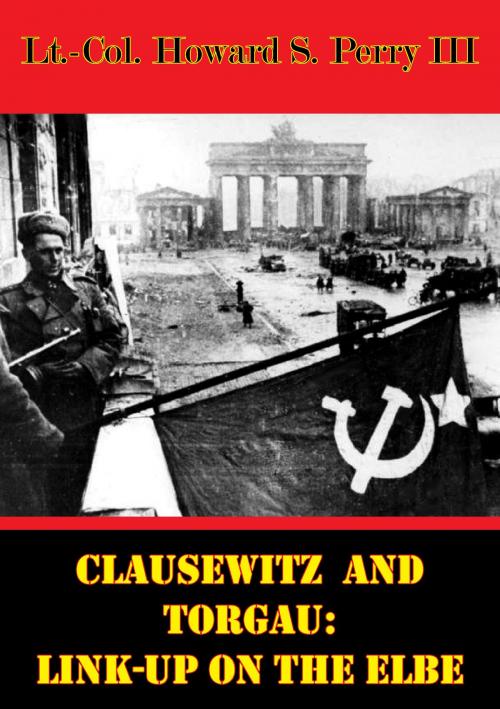
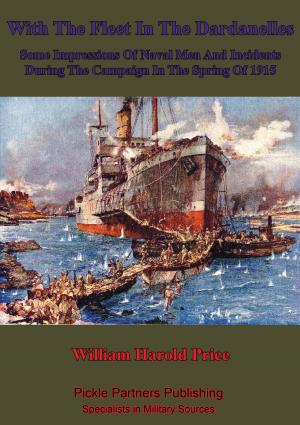


![Cover of the book In The Clouds Above Baghdad, Being The Records Of An Air Commander [Illustrated Edition] by Lt.-Col. Howard S. Perry III](https://www.kuoky.com/images/2013/january/300x300/9781782891123-glAg_300x.jpg)

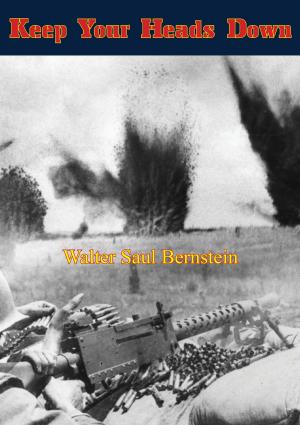
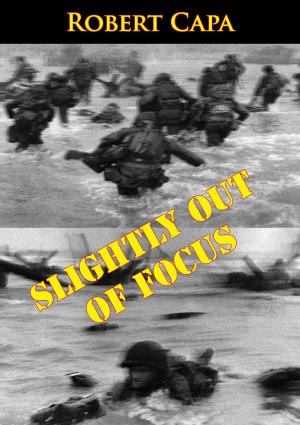
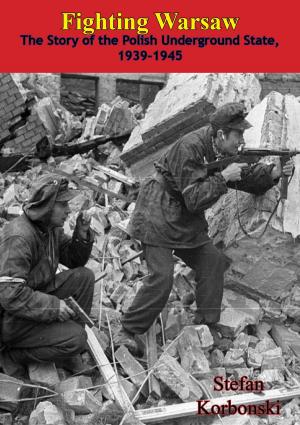


![Cover of the book Official History of the Royal Air Force 1935-1945 — Vol. I —Fight at Odds [Illustrated Edition] by Lt.-Col. Howard S. Perry III](https://www.kuoky.com/images/2014/august/300x300/9781782893417-2YpY_300x.jpg)
